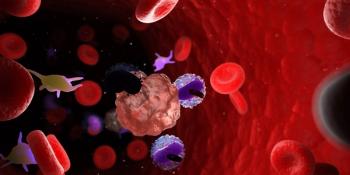
The phase 1 study met its primary endpoints, with 97% of the CAR T-cell therapies reaching the protocol-specified dose and no dose-limiting toxicities during dose escalation.

The phase 1 study met its primary endpoints, with 97% of the CAR T-cell therapies reaching the protocol-specified dose and no dose-limiting toxicities during dose escalation.
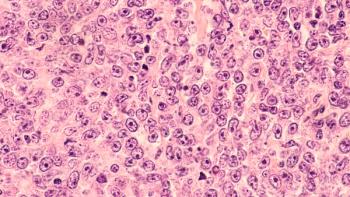
Experts discussed challenges with treating relapsed or refractory diffuse large B-cell lymphoma.
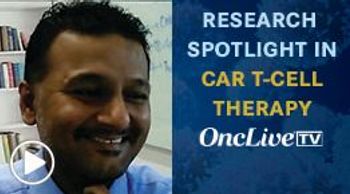
The assistant professor of medicine from Medical College of Wisconsin discussed the potential impact of CAR T-cell therapy on the efficacy of COVID-19 vaccinations.
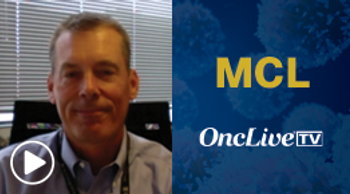
The professor of medicine at Washington University School of Medicine in St. Louis discussed the potential utility of frontline CAR T-cell therapy in mantle cell lymphoma.
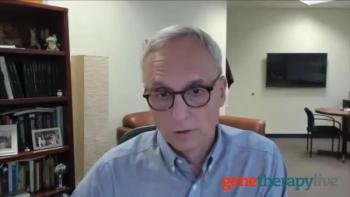
The director of the Powell Gene Therapy Center at the University of Florida discussed improving access to gene therapies for patients with rare diseases worldwide.
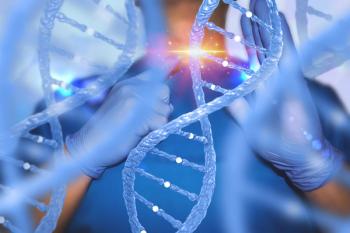
More than 70% to 80% of homozygous knockout of a given gene can be achieved by electroporating CLL cells with ribonucleoprotein complexes that harbor recombinant Cas9 nuclease and synthetic guides.
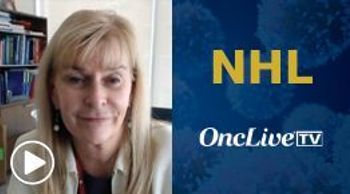
The chief of oncology and hematology at University of Nebraska Medical Center discussed the use of CAR T-cell therapy in non-Hodgkin lymphoma.
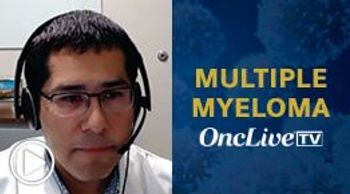
The hematology and medical oncologist at Moffitt Cancer Center discussed results from the phase 1b/2 CARTITUDE-1 trial of cita-cel in R/R MM.
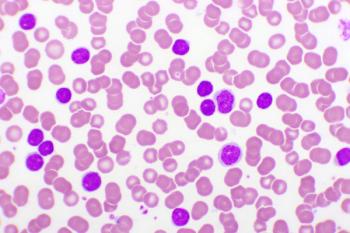
Updated data from the phase 1 TRANSCEND-CLL-004 trial were presented at the International Workshop on CLL.
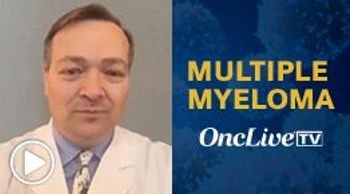
The associate professor from Harold C. Simmons Comprehensive Cancer Center discussed the methodology of the phase 2 KarMMa trial.
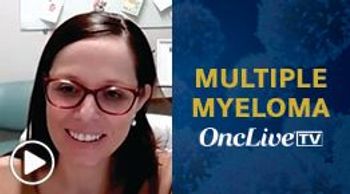
The hematologist from Moffitt Cancer Center discussed the survival benefit of ide-cel in the phase 2 KarMMa trial.
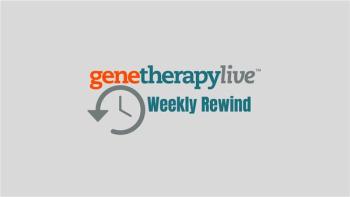
Review top news and interview highlights from the week ending October 15, 2021.
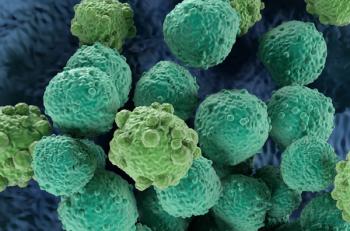
The study follows Legend Biotech’s initial success with cilta-cel, whose PDUFA date is set for November 2021.
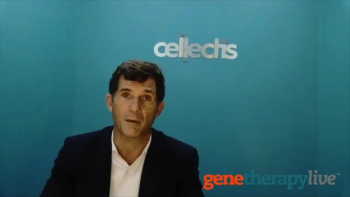
André Choulika, PhD, chief executive officer and cofounder, Cellectis, discussed therapies the company is developing.
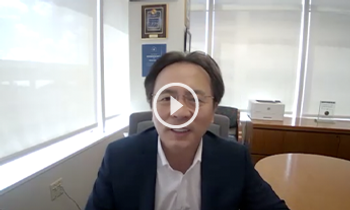
The professor from The University of Texas MD Anderson Cancer discussed the impact that brexucabtagene autoleucel's approval has had on mantle cell lymphoma.
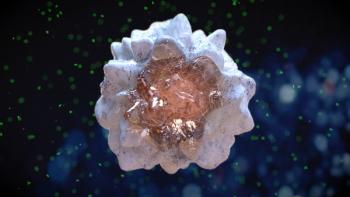
Enrollment in the CARBON trial has so far focused on aggressive disease such as diffuse B-cell lymphoma.
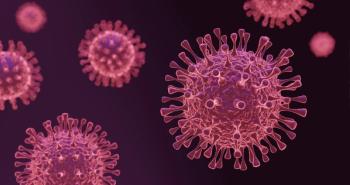
New human gene editing therapies, drug discoveries, targets, and CRISPR technology holds the potential to usher in a new age in medicine.
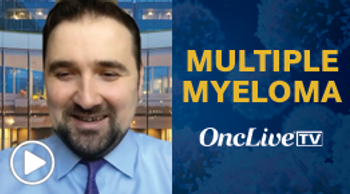
The assistant professor from University of Nebraska Medical Center discussed the current limitations of CAR T-cell therapy in multiple myeloma.
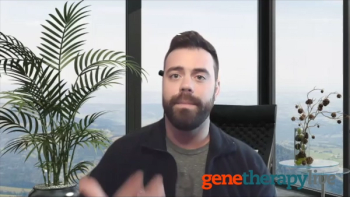
Jake Becraft, PhD, chief executive officer and cofounder, Strand Therapeutics, discussed the company’s technology and focus on mRNA therapies.
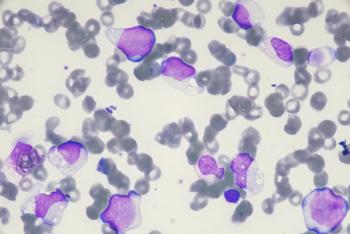
Intellia Therapeutics is also initiating a phase 1/2 study of a CRISPR therapy for hereditary angioedema in New Zealand.
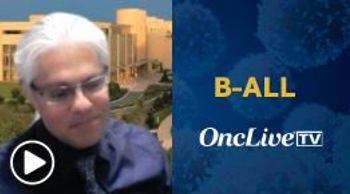
The hematologist from Moffitt Cancer Center discussed the FDA approval of brexucabtagne autoleucel in relapsed/refractory B-cell acute lymphoblastic leukemia.
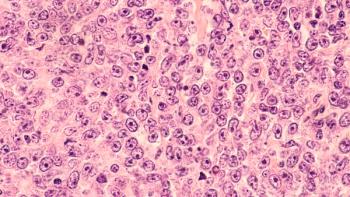
Longer follow-up is needed to determine the potential of CAR T-cell therapies in difficult-to-treat malignancies.
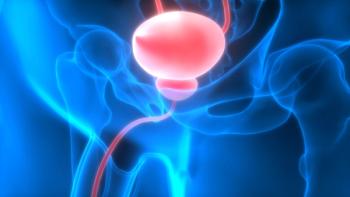
ALVR109, another of AlloVir’s T-cell therapies, also recently showed efficacy in treating COVID-19 in high-risk patients.
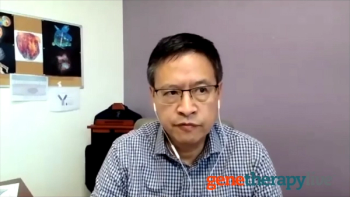
Allen Feng, PhD, chief scientific officer, HebeCell, discussed the company’s NK cell technologies.
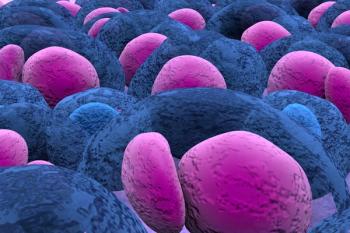
Data from the FORTE trial were presented at the 18th International Myeloma Workshop.